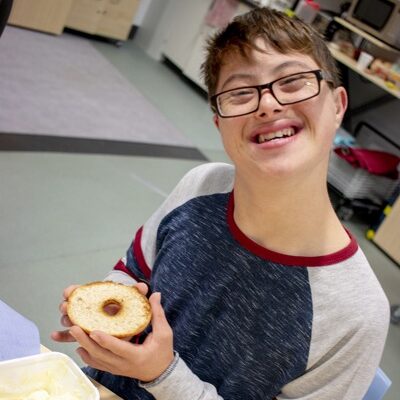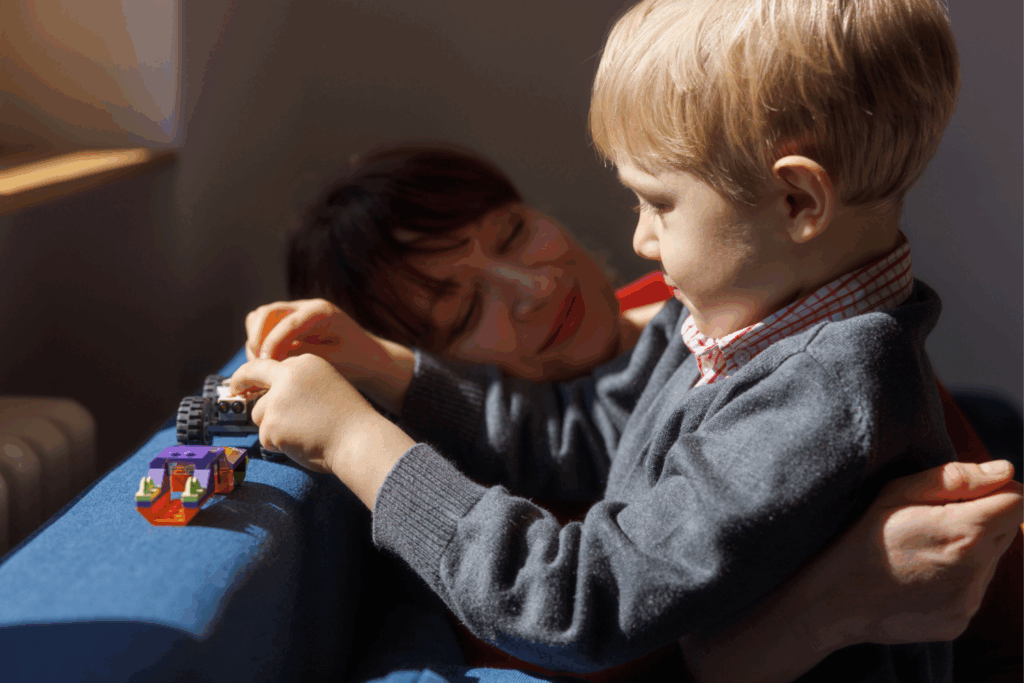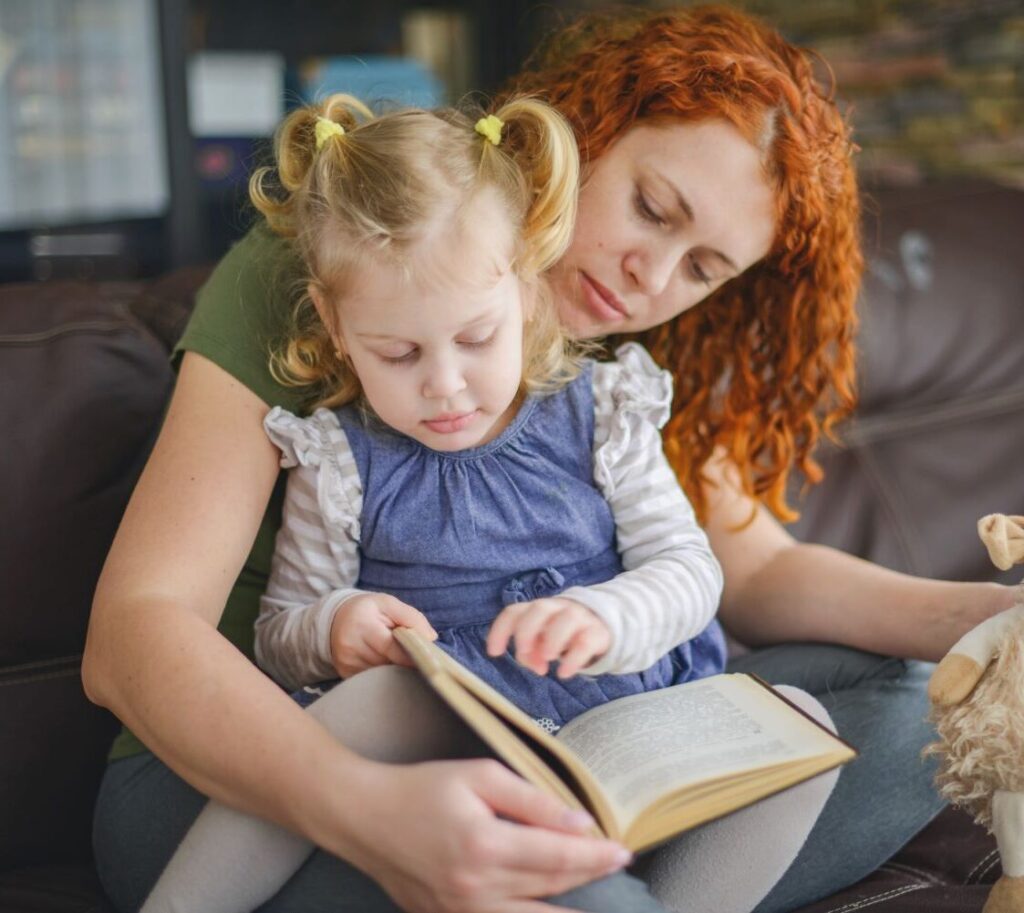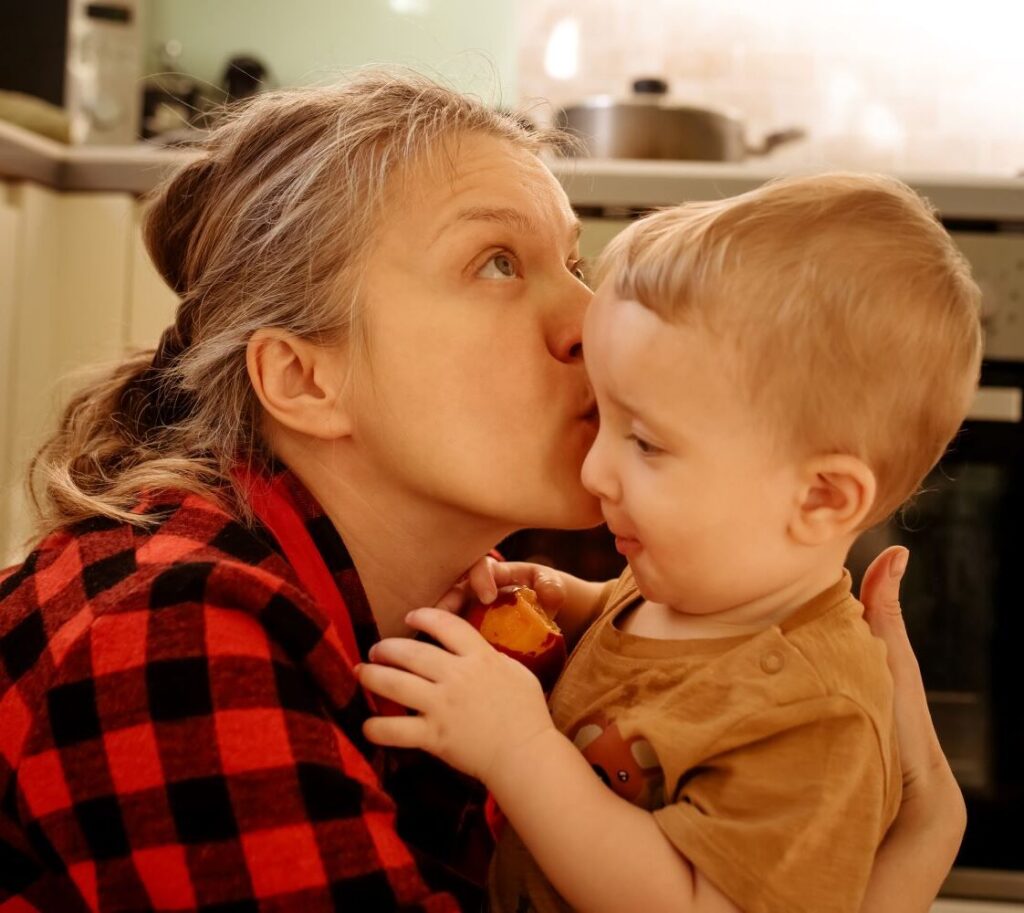We speak to Bluebell Park school to find out how our National School Breakfast Programme has been adapted to work in the very first special school we recruited.

Bluebell Park has around 200 students, is one of the largest schools in the North West and is located in one of the most economically deprived areas in the UK. 60% of them are now receiving a nutritious breakfast each morning, thanks to the National School Breakfast Programme.
Its lower, upper and Post 16 departments support children with a wide range of needs – including children with physical disabilities, autistic spectrum and sensory conditions and profound and multiple learning disabilities. This diverse range of students was the perfect opportunity to showcase the programme’s flexibility, and we worked with the school’s Post 16 department to find the perfect solution.
It linked the delivery of its breakfast into the school’s expansive foundation learning programme – allowing students at the school to take a hands-on role in the ordering, storage, preparation and delivery of breakfast at the school. Department Head Colin Porter said: “I think for a lot of our students in the older age range it acts as simulated work experience for some of them.”
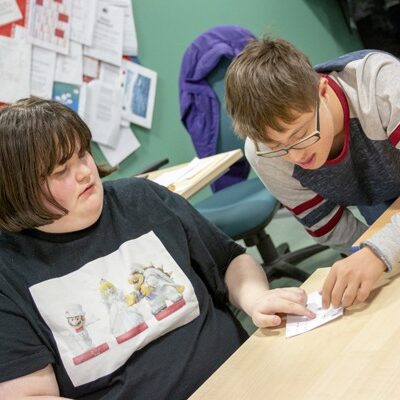
School breakfast is more than the food
This method of running breakfast has various benefits for developing key skills like maths and handwriting but has also worked very well for Bluebell Park’s physical layout as the school has kitchenettes and mobile units available to classrooms throughout the school, allowing for food preparation in class.
After delivery young people take turns with preparing breakfast in each class for their peers as well as washing up and cleaning down surfaces. It’s a communal, friendly experience that staff believe pays dividends not just for the children’s diet and learning, but also for the school environment.
I think that sitting round a table together for breakfast is valuable – there’s a social aspect to it, there’s a calming aspect to it and there’s a nurturing aspect to it… and that’s really critical for the students attending our school.
What works – the school breakfast procedure in full
- An order form is completed in class
- These are then posted by students in a drop box outside the Post 16 Class
- The class looks at the orders for the week and delivers the requested items
- They then review current stock and email the NSBP team if they need to re-evaluate the amounts they are ordering
Incentives, Empowerment and Freedom
The programme also contributes towards improving behaviour within the school as the delivery of breakfast is seen as a “grown up” task that gives young people access to a pass to different departments and allows them to move round school freely. Not only does this simulate real life working experiences – it also develops trust and communication with staff and other pupils. Colin added: “By and large until they reach our department students are told where they’re going, what they’re doing, what time they’re going and what they’re going to do.
But here there’s an opportunity to make choices. They don’t always make the right choices but it’s a step towards creating an independent student and that’s very much at the heart of what’s going on in our department as a whole.
Snacks Under Attack!
The school has charged for snacks in the past but found that in some cases this wasn’t ideal. Class Teacher Kate Aitchinson said: “We did have students come in without money who also hadn’t had a meal before school, unfortunately“.
The NSBP gives these students an opportunity to become involved. Because it’s provided by us they can have a bagel free of charge – which is great because then they’re not excluded.

What the students have to say about their school breakfast:
Bagels: “They taste nice and we spread them ourselves”.
Socialising: “It makes me happy to hang out with my friends and breakfast tastes lovely”.
Breakfast tasks: “I like to clean up!”
